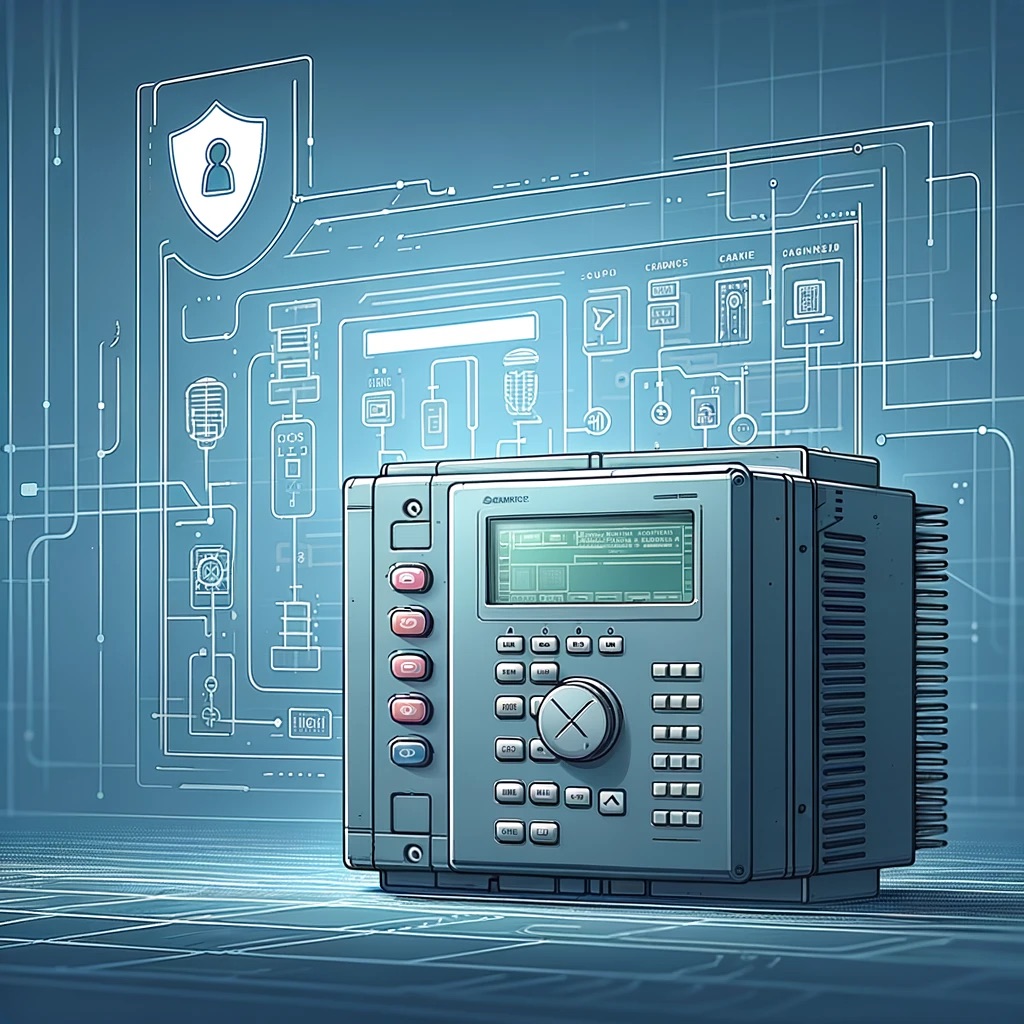Let’s take a look at a crucial aspect of cybersecurity in the operational technology (OT) space: patch management. While patching is an important tool in our security arsenal, it’s not always the only—or even the best—solution for every situation.
Why Patch Management is Important
Patch management involves applying updates to software and firmware to fix vulnerabilities, enhance performance, and add new features. In the OT environment, where systems control critical infrastructure and industrial processes, keeping systems up-to-date is vital for preventing cyberattacks and ensuring operational reliability.
Challenges with Patching in OT
- Operational Continuity: Many OT systems need to run continuously, and downtime for patching can disrupt essential operations.
- Legacy Systems: Older OT systems may no longer receive updates from vendors, making patching difficult or impossible.
- Testing and Validation: Patches must be tested thoroughly to ensure they do not introduce new problems, which can be a time-consuming process.
- Vendor Coordination: Coordinating patches across multiple vendors and systems can be complex and time-consuming.
- Cyber-Physical Risk: Applying patches can sometimes affect the physical processes controlled by OT systems, leading to safety and reliability concerns.
Alternatives and Complementary Strategies to Patching
Given these challenges, it’s essential to consider other strategies alongside patch management to secure OT environments. Here are some options:
- Network Segmentation:
- Description: Dividing the network into smaller, isolated segments to limit the spread of malware and restrict unauthorized access.
- Benefits: Enhances security by containing potential breaches and limiting their impact on critical systems.
- Whitelisting and Application Control:
- Description: Allowing only approved applications and processes to run on OT systems.
- Benefits: Prevents unauthorized or malicious software from executing, reducing the risk of exploitation.
- Intrusion Detection and Prevention Systems (IDPS):
- Description: Monitoring network traffic for suspicious activity and taking action to prevent potential threats
- Benefits: Provides real-time detection and response to cyber threats, enhancing overall security.
- Regular Security Audits and Assessments:
- Description: Conducting regular reviews of security controls, configurations, and vulnerabilities.
- Benefits: Identifies and addresses potential weaknesses before they can be exploited.
- Physical Security Controls:
- Description: Implementing physical security measures such as access controls, surveillance, and environmental protections.
- Benefits: Prevents unauthorized physical access to critical OT systems and infrastructure.
- User Training and Awareness:
- Description: Educating employees about cybersecurity best practices and the specific risks associated with OT environments.
- Benefits: Reduces the risk of human error and increases the overall security posture of the organization.
- Incident Response Planning:
- Description: Developing and maintaining a comprehensive incident response plan tailored to OT environments.
- Benefits: Ensures a coordinated and effective response to cybersecurity incidents, minimizing their impact.
Conclusion
While patch management is an important component of OT security, it’s not a one-size-fits-all solution. By adopting a multi-faceted approach that includes network segmentation, whitelisting, IDPS, regular audits, physical security, user training, and incident response planning, organizations can build a robust security posture that protects critical infrastructure and industrial processes.
What are your thoughts on alternative strategies to patch management in OT environments? Have you implemented any of these measures? Share your experiences and insights in the comments below. Let’s keep the conversation going and learn from each other!


